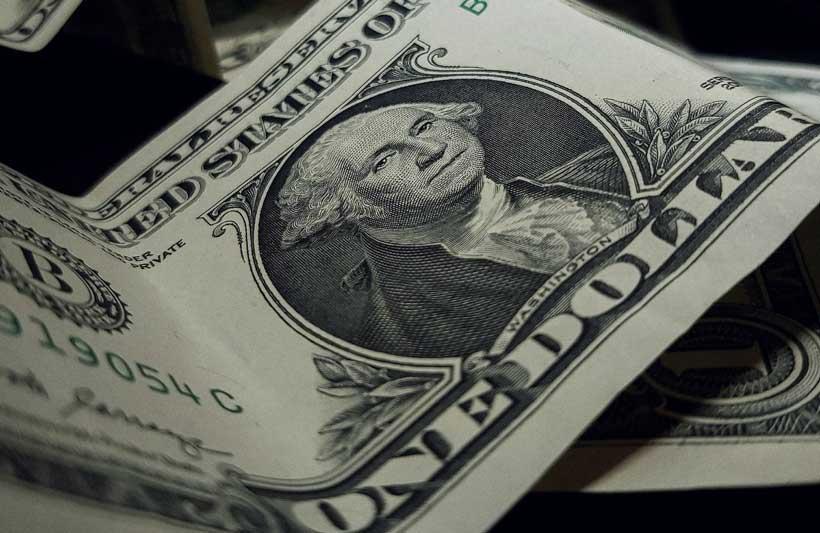
In recent years, the term "de-dollarization"—trade conducted in non-dollar currencies—has gained prominence in discussions on global economics and geopolitics. The trend has intensified amid threats from U.S. leaders targeting countries exploring alternatives to the dollar, including members of the BRICS bloc (Brazil, Russia, India, China, South Africa).
The Push Against Dollar Dominance
Former U.S. President Donald Trump famously warned BRICS nations against abandoning the dollar, even threatening punitive tariffs on any member advocating for its replacement. His rhetoric highlighted Washington’s unease over efforts to diminish the dollar’s role in global trade.
However, de-dollarization is not just a political stance—it’s an economic reality. Countries are increasingly seeking ways to bypass dollar dependency, particularly after U.S. sanctions on Russia demonstrated the risks of relying on a currency that can be weaponized.
Russia & China’s Strategic Moves
Russia and China, facing U.S. sanctions, have been the most vocal proponents of diversifying away from the dollar. Russian President Vladimir Putin has openly criticized the dollar’s weaponization, calling it a "big mistake." Both nations have pushed for BRICS Pay, a payment system facilitating trade in local currencies, though they’ve stopped short of endorsing a unified BRICS currency—a proposal that lacks consensus within the bloc.
India & Other Nations’ Cautious Approach
Unlike Russia and China, India has clarified it does not support a BRICS currency nor seeks to undermine the dollar. Instead, New Delhi views BRICS as a strategic economic platform rather than an anti-Western alliance. Other U.S.-aligned nations, including Saudi Arabia, the UAE, and Malaysia, have also engaged in non-dollar trade, primarily to avoid secondary sanctions.
BRICS Expansion & Growing Influence
Despite U.S. opposition, BRICS continues to expand, adding new members like Thailand, Malaysia, and Indonesia, alongside several African and Latin American nations. This growth signals a broader shift toward multipolarity, with developing economies seeking alternatives to Western-dominated financial systems.
Brazil, the current BRICS chair, has emphasized the bloc’s role in promoting free trade and multilateralism, countering rising global protectionism. Upcoming summits may focus on strengthening economic cooperation among Global South nations, addressing shared challenges like climate change and global health.
The Future of De-Dollarization
While a BRICS currency remains unlikely in the near term, de-dollarization is an irreversible trend. Nations are reducing dollar reliance not out of ideology but necessity—seeking stability amid geopolitical tensions and U.S. economic policies.
The U.S. could slow this shift by reforming its sanctions-heavy approach and fostering trust in the dollar. However, if Washington continues its confrontational policies, more countries will turn to alternative financial systems, accelerating the decline of dollar hegemony.
Conclusion
BRICS may not replace the dollar overnight, but its expansion and the rise of local currency trade mark a new era in global economics. The world is moving toward multipolarity, and the U.S. must adapt—or risk accelerating the very de-dollarization it seeks to prevent.
For now, BRICS remains a key platform for the Global South, offering an alternative in an increasingly fragmented economic landscape. The question is no longer if de-dollarization will happen, but how fast—and how the U.S. will respond.


